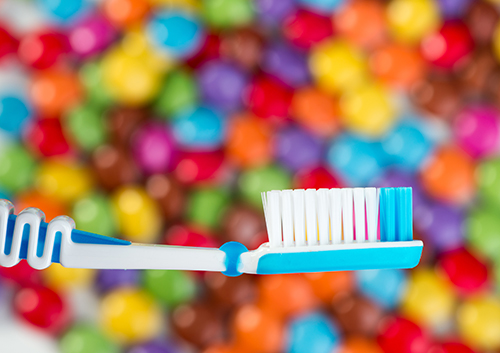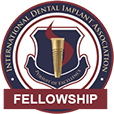How do I know when I have a cavity?
October 31st, 2017

Dr. DeCasperis and our team at Dr. Steven DeCasperis, DMD frequently field questions about cavities and what causes them. Patients will typically ask, “I brush twice a day and floss regularly, as well as rinse with hydrogen peroxide, so a cavity is unlikely, right?”
Not quite.
When cavities, also known as caries, are in their initial stages, people often will feel no symptoms, and they won’t experience any pain or discomfort. It’s not until the tooth decay has reached a certain level that patients begin to notice the signs. If you are experiencing any of the following symptoms, you may want to consider scheduling an appointment with Dr. DeCasperis as soon as possible:
- Dull or sharp toothache
- Tooth sensitivity or mild to sharp pain when eating or drinking something sweet, hot, or cold
- Persistent bad breath or a bad taste in the mouth
- The presence of a sticky, tarry feeling when biting down
- Puss or discharge around a tooth, especially when pressing on your gums
- Visible holes or discoloration in your teeth (usually black or brown)
Cavities can happen at any time, to anyone, no matter how old you are. Routine dental care is important to prevent cavities or the onset of tooth decay, so it is important to visit Dr. DeCasperis and our team at Dr. Steven DeCasperis, DMD for regular cleanings. If you are overdue for a checkup or think you may have a cavity, please give us a call at Lebanon, NJ office to schedule an appointment.









